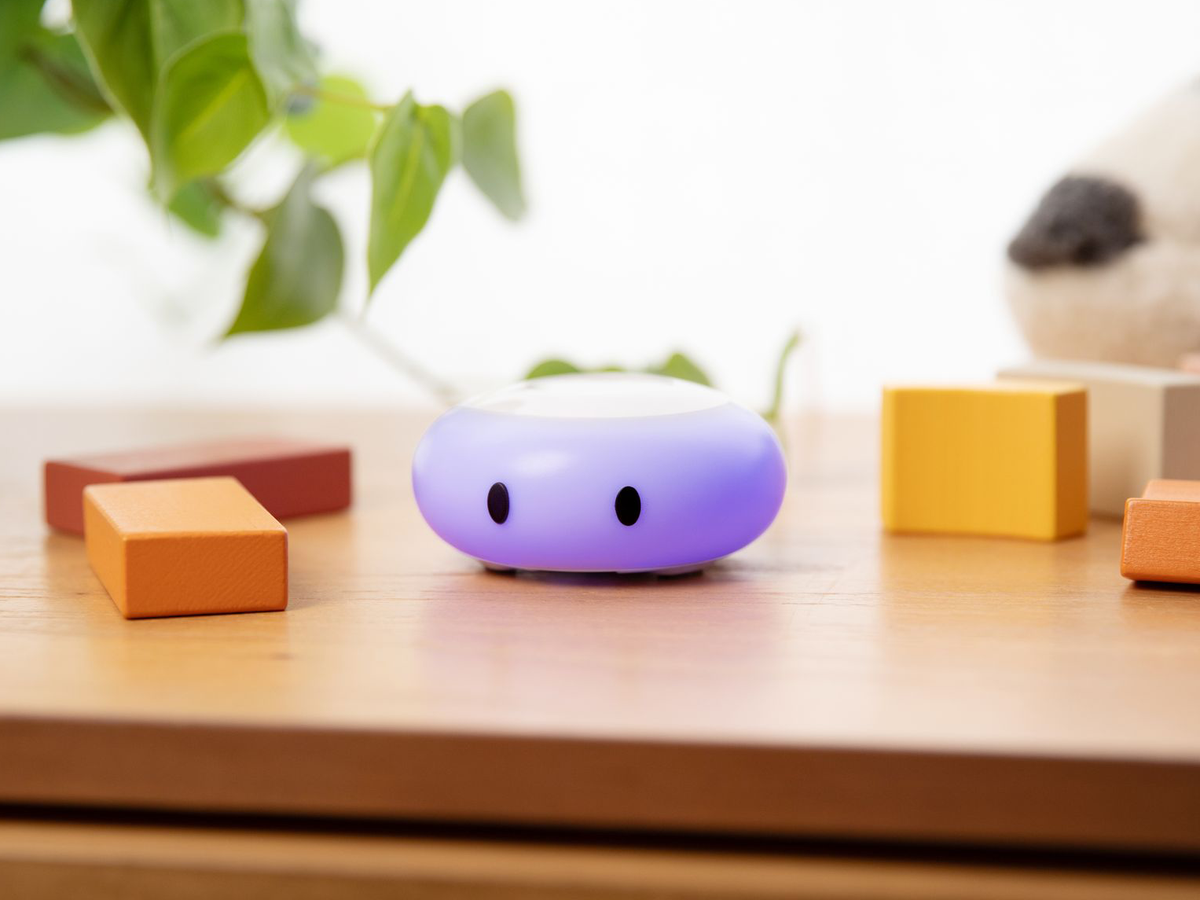
6 Things You’ll Want to Include in a “Nanny Handbook”
Call it what you want – a handbook, manual, guide, etc. – but there’s something very powerful and comforting about giving your nanny or babysitter a resource they can use to better care for your children. The booklets are incredibly easy and cost-effective to print, with the entire process occurring online, so there’s no reason to overlook this step.
The question most young parents have is in regards to what they should include in the handbook. In other words, what information does your nanny need to do her job well? While every family will have a specific set of needs, here are some staple items:
Numbers and Contact Information
At the very front of the handbook, there should be numbers, contact information, and anything else that’s critically important to the safety of your children.
While you’ll want to include your own cell phone number, email address, and employer’s contact information, take it a step further. Your nanny needs to know things like close neighbors’ phone numbers, the pediatrician’s contact information, phone numbers for close relatives and friends, and information on how to get in touch with the school (if applicable).
Scheduling
Schedules are important, particularly for infants and toddlers who require a very specific routine. While your nanny will eventually get familiar with the routine, including a detailed schedule can help her survive the first couple of weeks without unnecessary hitches.
On the schedule, be sure to include things like feedings, nap times, play time, and even their bathing schedule.
Afterschool Appointments
If you have school-aged children, then their schedule is a little more complicated in that they probably need to be carpooled around from one activity to the next. Instead of counting on your nanny to remember these details, record them in the handbook.
Afterschool appointments could include things like sports practices, dance classes, play dates with friends, and even homework time.
House Needs
Chances are, your nanny isn’t just at the house to take care of the kids. You may also be paying her for things like watching your dog, doing laundry and dishes, cleaning the house, etc. If you have house needs like this, be sure to include them in the manual so they’re easily accessible with no confusion about how a particular task should be done.
Safety and Health Information
Near the front of the book, be sure to include any applicable safety and health information that your nanny will need to care for your children in the best possible manner. This includes information related to allergies, medications, past health problems, the location of different medical equipment (such as an EpiPen), and proper protocol for handling both minor and major problems.
House Rules
Finally, make sure you touch on any house rules that are important to you. This could include issues related to bringing other people into the home, which rooms pets are allowed in, when it’s okay to watch television, etc.
Enjoy Peace of Mind
A nanny handbook serves two primary purposes. First and foremost, it gives your nanny the information she needs to properly care for your kids. But on a very practical level, it also gives you, the parent, peace of mind.
While it may seem a little over the top, nanny handbooks are becoming increasingly common and widely accepted in the industry. Go ahead and design yours today.
Written by Nbracco for Working Mother and legally licensed through the Matcha publisher network. Please direct all licensing questions to legal@getmatcha.com.
Also in Blog

6 Tips for Parents to Help Kids Adjust to the Fall Back Time Change
Every year, parents brace themselves for that bittersweet event known as the “fall back” — when clocks turn back one hour for the end of Daylight Saving Time (DST). While gaining an hour of sleep sounds amazing in theory, parents of babies and young kids know it usually means one thing: an hour earlier wake-up. Here are six helpful tips to make the “fall back” transition smoother for your family.

6 Helpful Tips for Parents to Navigate the Spring Forward Time Change
Daylight Saving Time (DST) is right around the corner, and for parents of young children and babies, the “spring forward” shift can feel like a daunting challenge. Losing an hour of sleep and adjusting to a new schedule can lead to cranky mornings, disrupted sleep patterns, and general chaos in the household. Fortunately, there are ways to ease the transition and help your little one adjust smoothly. Here are six helpful tips to make this time change easier for both you and your preschooler.

